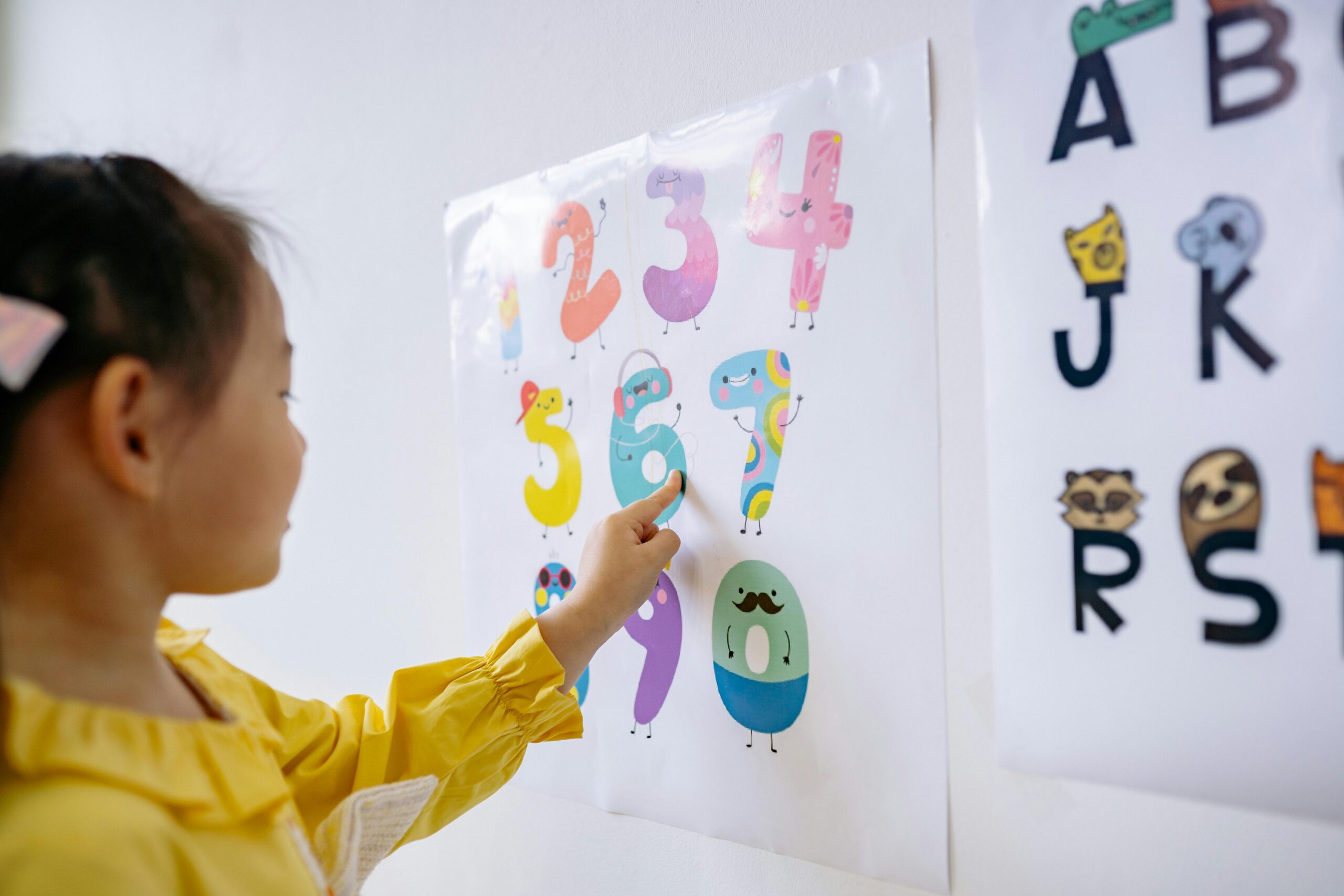Engaging and Effective Kindergarten Worksheets: A Comprehensive Guide
Kindergarten is a crucial stage in a child’s educational journey, laying the foundation for future learning. To make this stage engaging and effective, kindergarten worksheets play a vital role. These worksheets are designed to reinforce concepts, build skills, and make learning fun for young children. Here’s a guide to understanding the importance of kindergarten worksheets and how to use them effectively.
The Importance of Kindergarten Worksheets
1. Reinforcement of Concepts Kindergarten worksheets help reinforce concepts taught in class. Whether it’s letters, numbers, shapes, or colors, worksheets provide children with the practice they need to master these foundational skills.
2. Skill Building Worksheets are a great way to build various skills. Fine motor skills are developed through activities like tracing and drawing, while cognitive skills are enhanced through puzzles and matching games.
3. Structured Learning Worksheets offer a structured way for children to learn. They provide clear instructions and specific tasks, helping children understand what is expected of them and how to complete the activity.
Types of Kindergarten Worksheets
1. Literacy Worksheets These worksheets focus on early reading and writing skills. Activities include letter recognition, phonics, tracing letters, and simple word matching.
2. Math Worksheets Math worksheets help children learn numbers, counting, basic addition and subtraction, and shape recognition. These worksheets often use visuals to make math concepts easier to understand.
3. Science Worksheets Introduce basic science concepts with worksheets that cover topics like animals, plants, weather, and the human body. These activities can spark curiosity and a love for exploration.
4. Art and Creativity Worksheets These worksheets encourage creativity through coloring, drawing, and simple crafts. They help develop fine motor skills and allow children to express themselves artistically.
How to Use Kindergarten Worksheets Effectively
1. Integrate with Lessons Use worksheets to supplement lessons taught in class. For example, if you’re teaching the alphabet, provide worksheets that involve letter tracing and recognition.
2. Make it Fun Choose worksheets that are visually appealing and engaging. Use colorful images and interactive elements to keep children interested.
3. Encourage Independence Allow children to complete worksheets on their own to build confidence and independence. Offer guidance when needed, but encourage them to try first.
4. Use as Assessment Tools Worksheets can be used to assess a child’s understanding of concepts. Review completed worksheets to identify areas where a child might need additional help or practice.
5. Provide Positive Feedback Always provide positive feedback on completed worksheets. Praise their efforts and accomplishments to boost their confidence and motivation.
Free Resources for Kindergarten Worksheets
1. Educational Websites There are many websites offering free, printable kindergarten worksheets. Websites like Education.com, Teachers Pay Teachers, and Twinkl provide a wide range of worksheets covering various subjects.
2. Educational Apps Many educational apps offer interactive worksheets and activities for kindergarten children. Apps like ABCmouse and Khan Academy Kids provide digital worksheets that are both fun and educational.
3. DIY Worksheets Create your own worksheets tailored to your child’s interests and learning needs. Use simple software like Microsoft Word or Canva to design worksheets that are specific to what your child is learning.
Kindergarten worksheets are a valuable tool in early childhood education. They provide structured learning opportunities, reinforce concepts, and help build essential skills in a fun and engaging way. By integrating worksheets into your teaching strategy, you can create a well-rounded and effective learning experience for young children.


